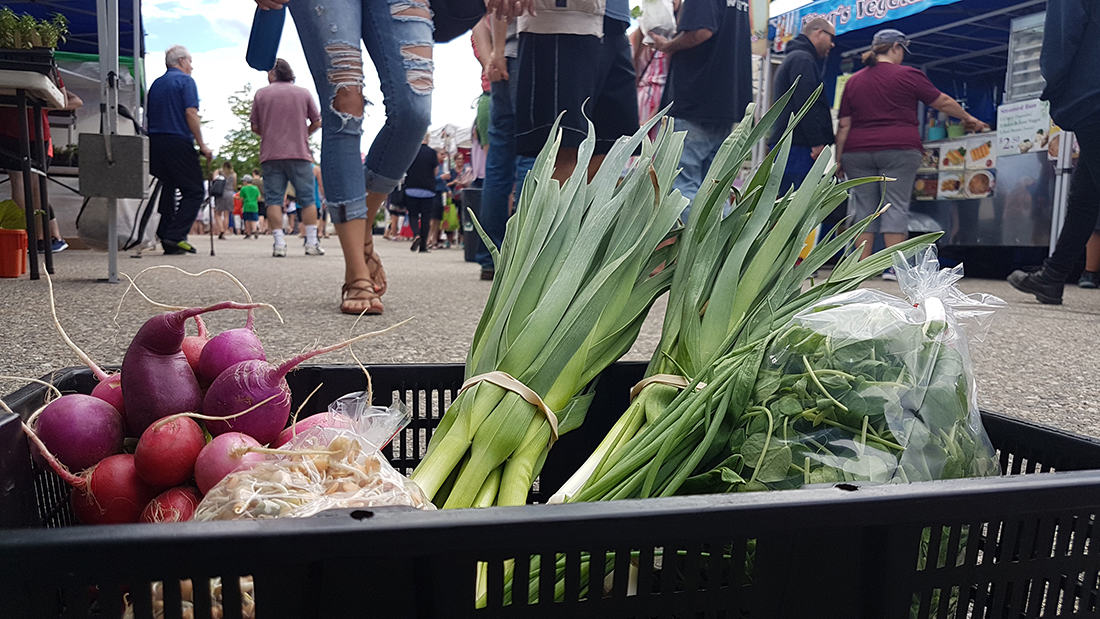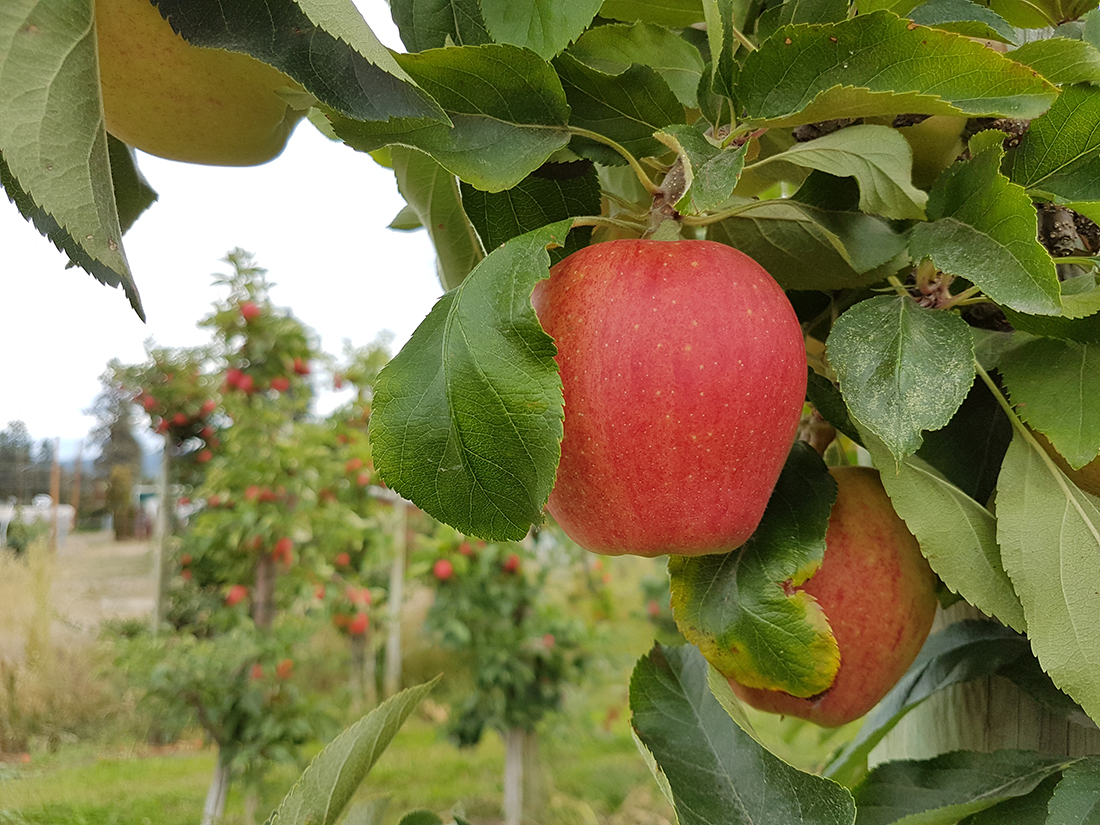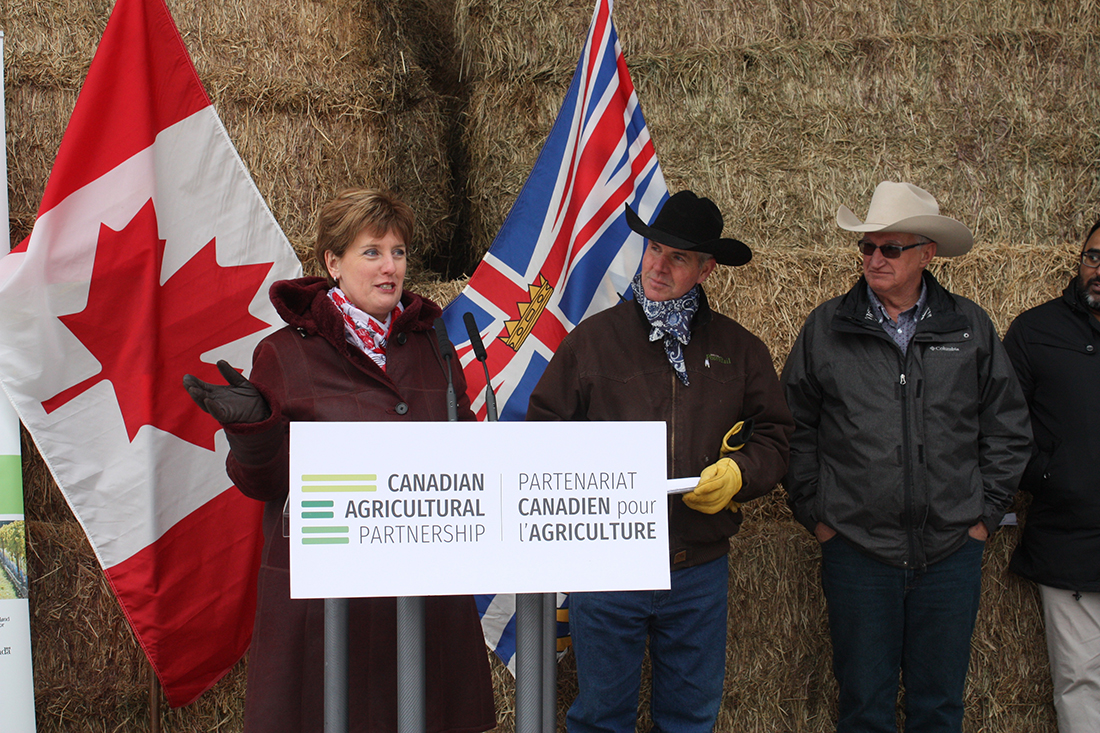Defining “local” food is a big issue for farmers’ markets in eastern BC, which raised their concerns at the BC Association of Farmers’ Markets annual conference in Kimberley March 8-10.
The association has lost at least one market over the issue, and Dawn Deydey, cofounder of the Mountain Market in Fernie, doesn’t want to see others leave.
“I’m concerned that we will lose more members,” she told members during the association’s annual general meeting.
The association plans to launch a campaign this summer to position farmers markets as “the source for local food.” However, Alberta producers are often closer to markets in Fernie than some BC vendors.
BCAFM vice-president Vickey Brown was sympathetic to the concerns, but the association’s bylaws don’t allow out-of-province vendors. Other association members mused whether provincial funding through programs such as Buy BC could be jeopardized if Alberta produce was sold at BC markets.
Jon Bell, a past president of the association, noted that the Canadian Food Inspection Agency defines “local” as having been produced within 50 kilometres of the place of sale.
However, the CFIA is reviewing its definition and in January introduced an interim policy that defines as local as a product produced within the province or territory where it’s sold, or in the case of out-of-province products, within 50 km of the place of sale.
BCAFM executive director Heather O’Hara said she is open to developing a process for managing exceptions, especially if the issue concerned just a few markets.
“That materiality matters in this conversation,” she said.
Transparency is also important, so consumers aren’t misled. CFIA encourages producers to clearly state a product’s place of origin on the label, noting that “local” is a voluntary claim.


 Horticulture projects receive funding
Horticulture projects receive funding